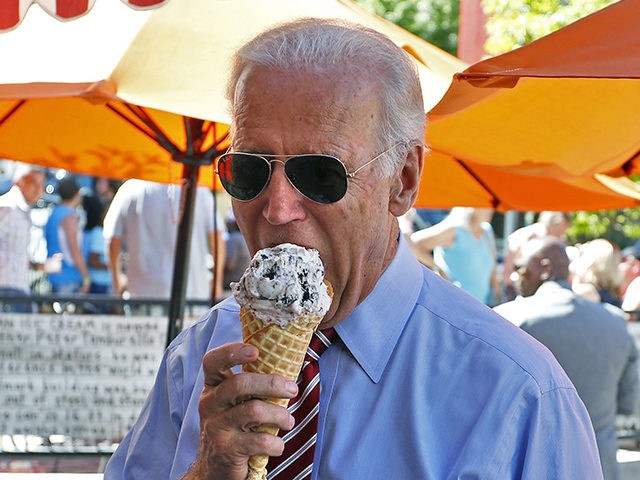U.S. business activity slowed by more than expected in July as supply chain snarls constrained growth and higher prices triggered consumers to pull back on spending on services.
IHS Markit said on Friday that its flash U.S. Composite PMI Output Index, which offers a preliminary look at manufacturing and services sectors based on surveys of company executives, fell to a four-month low of 59.7 from 63.7 in June. A reading above 50 indicates economic growth.
“Contributing to the softer expansion of business activity was a slower upturn in new business across the service sector in July. The pace of growth was the least marked for five months, as some firms noted customer hesitancy amid significant hikes in selling prices. Similarly, the rate of increase in new export orders eased,” the report said.
The services sector slowed dramatically, falling to a five-month low. Economists had been expecting a rebound after a June slump.
“While the second quarter may therefore represent a peaking in the pace of economic growth according to the PMI, the third quarter is still looking encouragingly strong,” said Williamson. “Short-term capacity issues remain a concern, constraining output in many manufacturing and service sector companies while simultaneously pushing prices higher as demand exceeds supply.”
The government is due to publish its first estimate of second-quarter gross domestic product next Thursday.

COMMENTS
Please let us know if you're having issues with commenting.